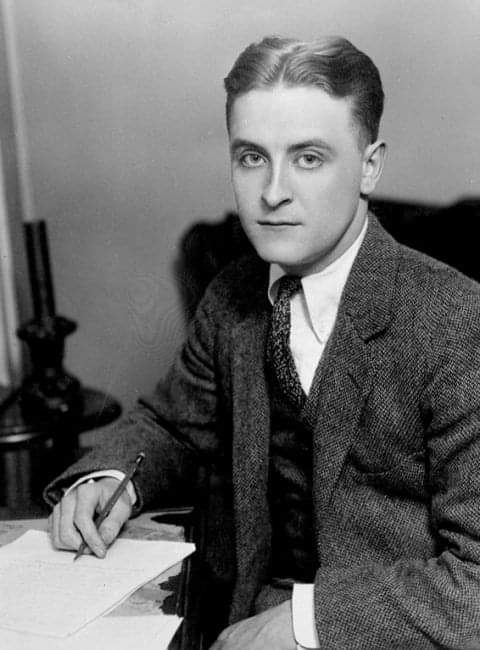F. Scott Fitzgerald's "The Great Gatsby"
The opening lines of F. Scott Fitzgerald's "The Great Gatsby" carry a profound depth and are laced with a kind of earnest humility that is rare and moving. The advice imparted to Nick Carraway by his father is a call to empathy and understanding, asking us to consider the myriad of walks of life that others come from and the unseen struggles they may face. It's a reminder of the human tendency to be quick to judge, and an appeal to our better natures to be more patient and compassionate.
In these few words, Fitzgerald sets the stage for a narrative steeped in the dynamics of class and privilege. We are immediately introduced to a character who is not only aware of his own societal advantages but is also contemplative about the implications of such privilege. It suggests a story that will explore the complexities of social hierarchy and the invisible boundaries that divide people.
Fitzgerald's language is not just a vehicle for storytelling; it is a gentle nudge for us, the readers, to introspect and apply the same consideration in our lives. The beauty of the quote lies in its universal relevance—it transcends the particularities of the novel's setting and period, touching on a timeless truth about the human condition. To withhold quick judgment and to understand before seeking to be understood is a form of wisdom that, when practiced, can lead to a more compassionate and empathetic society.
This advice, though simple, is profoundly inspiring and motivating. It calls us to be grateful for our circumstances and to use our position not to belittle others, but to lift them up. It's a reminder that our blessings are not just for us to enjoy, but also to extend to those who may not have had the same opportunities. It's a thoughtful, amazing, and indeed blessed perspective that encourages us to live with a sense of grace and gratitude.


